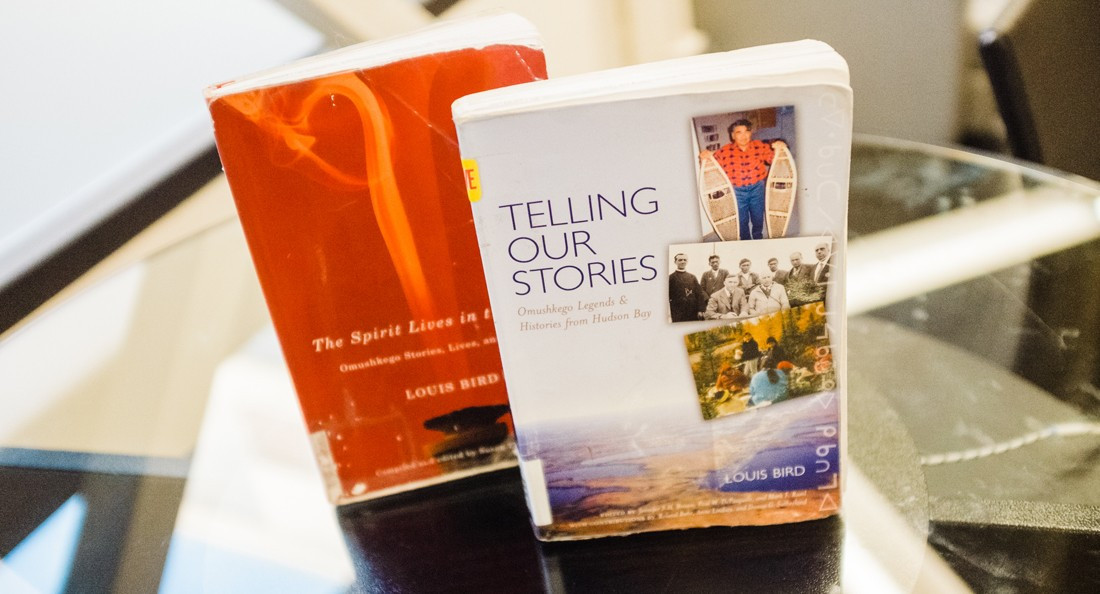Beyond books at the library
Exploring lesser-known resources in the U of W’s collection
The University of Winnipeg Library is a quaint, quiet place to study. Students can rent books and films for the sake of learning or pleasure. However, the University of Winnipeg Library features some even more obscure resources that could prove extremely useful to students.
The library contains books, microfilms and rentable readers, VHS tapes and DVDs and archived theses from the University of Winnipeg’s Master’s Program, which go as far back as the 1970s.
Joshua Herter, an assessment communications librarian, wants students to know the library as a service, rather than just a repository of things.
“One of the most helpful resources in the library is actually the staff,” Herter says. “We encourage students to come ask questions. That’s why we’re here.”
The library staff is eager to help students by not only answering simple questions. but librarians offer research consultations – meetings where students can get information and assistance with research for their assignments.
“I probably give the best advice to students when I get to see them a couple of times over the term,” Herter says.
One collection of many in association with the University of Winnipeg Library is the OurVoices project – an archive of recordings from Cree Elder Louis Bird, who has dedicated 40 years to preserving First Nations oral histories.
Roland Bohr, a faculty member in the University of Winnipeg’s history department and director of the Centre for Rupert’s Land Studies, says the OurVoices project was created through a Heritage Canada grant about 15 years ago.
“The project was based on Louis Bird’s collecting of oral histories from the Hudson Bay Lowlands,” Bohr says. “His concern at the time was with deteriorating audio tapes that his recordings were on. The Heritage Canada grant was in part intended to digitize these materials so they could be preserved.”
This collection is just one of many resources that the library has to offer online.
The library offers many specialized collections for students with specific needs.
“We know that different user bases have different needs,” says Herter. “When a biologist comes in, they want the latest biology journals delivered to their phone instantaneously. Rhetoric majors probably want a physical copy that they can take home.”
The library is always trying to improve its accessibility. It is in the very beginning stages of coming up with a new spatial plan. For example, Herter mentions that they are interested in moving the dramatic works collection to another space for
organization’s sake.
“Ask the question, do not be afraid to come see us,” Herter says. “We are here to serve (the students). We very much want to be a library that puts students first.”
Published in Volume 73, Number 1 of The Uniter (September 6, 2018)







